- Your cart is empty
- Continue Shopping
Product introduction
Swich Drops is an antibiotic medicine commonly prescribed to children for treating a variety of bacterial infections affecting the ears, eyes, nose, throat, lungs, skin, gastrointestinal tract, and urinary tract. It is also effective in managing typhoid fever in children and adolescents.
This medicine should be given one hour before or two hours after meals. If your child experiences stomach discomfort, you may give it with food. The dose and duration are determined by the doctor based on the infection type, its severity, and the child’s age and body weight. If your child vomits within 30 minutes of taking the medicine, repeat the same dose, but do not double the dose if the next one is due soon.
Swich Drops should not be used for viral infections like cold or flu, as it only works against bacterial infections. It may be prescribed for cough or cold only when there is a confirmed bacterial involvement.
Some common and temporary side effects include vomiting, diarrhea, nausea, rash, and headache, which usually go away as the body adjusts to the medicine. If these persist or worsen, consult your doctor. Always inform the doctor about your child’s complete medical history, including any allergies or health conditions involving the heart, liver, kidneys, skin, or gastrointestinal system, as this helps in adjusting the dose safely.
Uses of Swich Drops
-
Treatment of bacterial infections
Benefits of Swich Drops
Swich Drops helps kill infection-causing bacteria and prevents them from spreading further. It is effective against infections of the brain (meningitis), lungs (pneumonia), ears, urinary tract, skin, bones, joints, blood, and heart. It provides relief within a few days but should be taken for the full prescribed duration to prevent the infection from returning or becoming resistant.
Side effects of Swich Drops
Common side effects include:
-
Rash
-
Abdominal pain
-
Nausea
-
Diarrhea
How to use Swich Drops
Take this medicine in the dose and duration as advised by your doctor. Shake the bottle well before use, measure the dose accurately, and administer it by mouth. It is best taken with food to reduce stomach upset.
How Swich Drops works
Swich Drops contains an antibiotic that prevents bacteria from forming their protective cell wall, which is essential for their survival. This action stops bacterial growth and prevents the infection from spreading further.
Safety advice
-
Alcohol: Safe; no known harmful effects.
-
Pregnancy: Safe if prescribed; animal studies show minimal risk.
-
Breastfeeding: Safe if prescribed; not harmful to the baby in normal doses.
-
Driving: Unsafe; may cause dizziness or drowsiness.
-
Kidney: Safe if prescribed; consult the doctor in severe kidney disease.
-
Liver: Use with caution; dose adjustment may be required in liver disease.




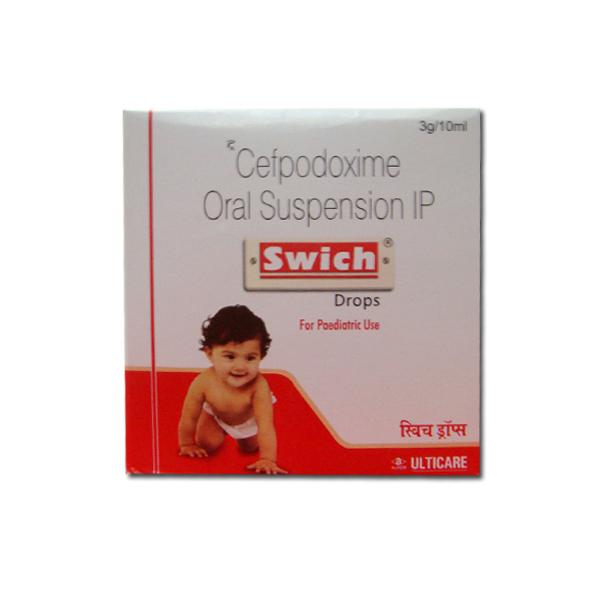
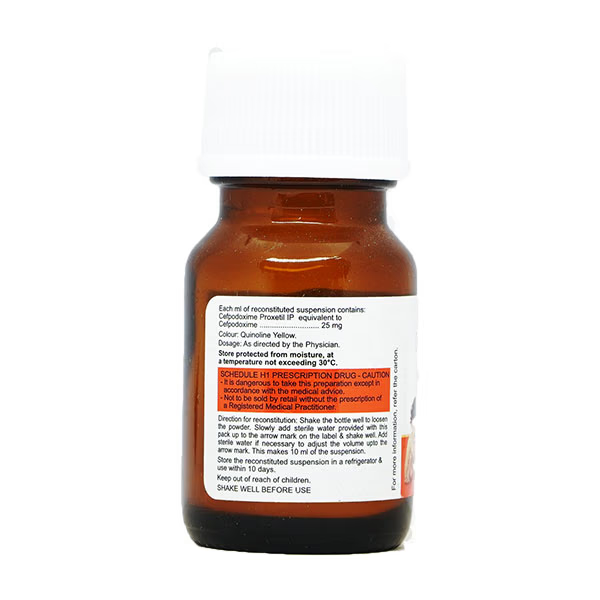
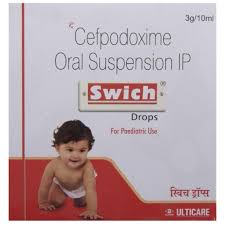
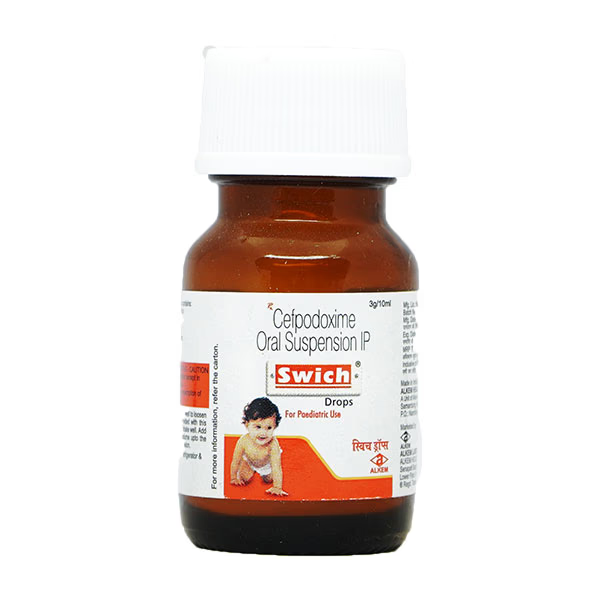

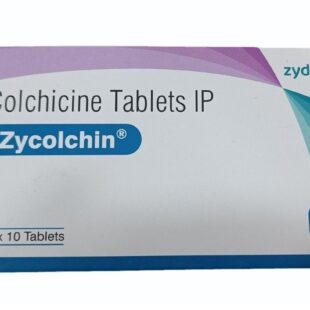
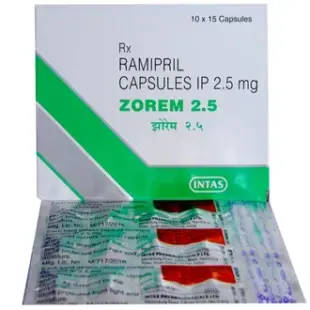
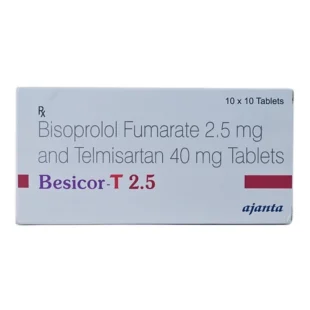
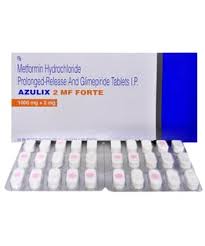
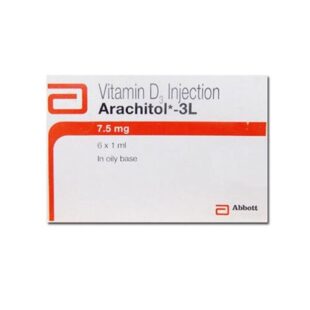
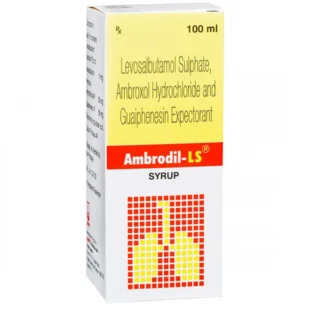
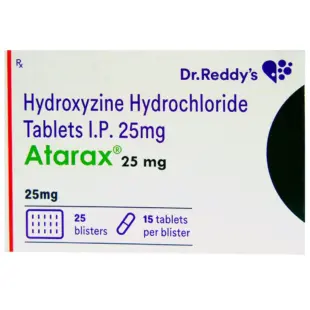
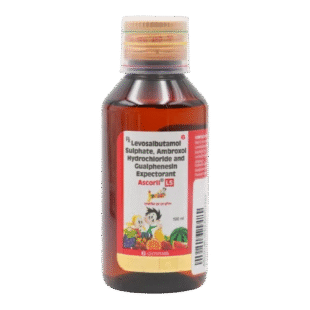
Reviews
There are no reviews yet.